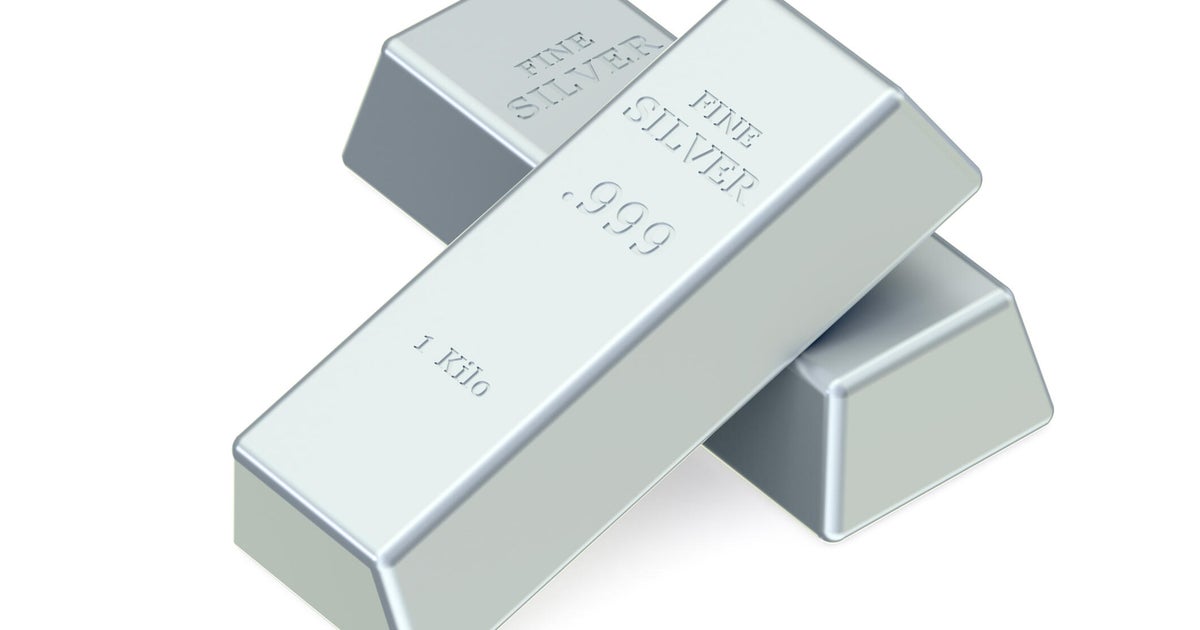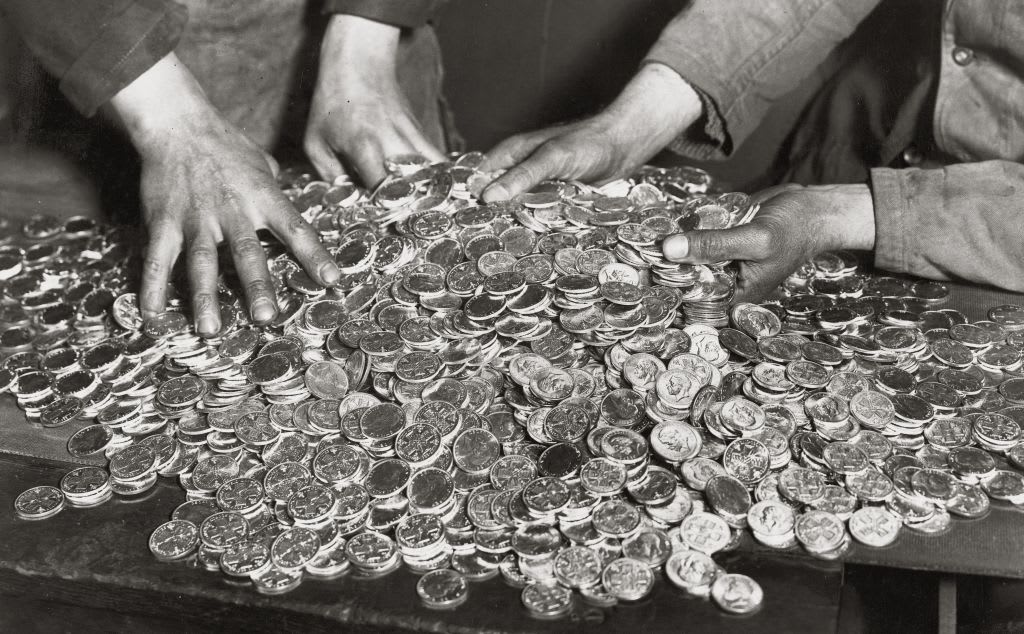What are the best times to buy or sell gold? Here's what experts say
With gold prices recently hitting a record high, and with inflation showing signs of cooling but still being closely watched, many investors are unsure what this means for buying or selling gold.
Many investors turn to gold to hedge against inflation, but there can also be potential advantages to gold investing in other environments, such as periods of geopolitical conflict. Still, it can be hard to figure out what the best times to buy or sell gold are, as no one really knows what the future holds.
However, there can be indicators to keep an eye on, experts say.
Start comparing your gold investing options and add the precious metal to your portfolio now.
What are the best times to buy or sell gold? Here's what experts say
Here's what experts say to look for if you want to time your gold purchase or sale the right way.
Interest rates
One factor to keep in mind is whether interest rates are rising or falling, though if you're investing in gold for the long-term, that might not matter as much.
"On a short-term basis, buying gold when the Federal Reserve is cutting rates and selling when they are raising rates may be more successful than the opposite. But speculating on macro events is prone to failure. If one is to own gold at all, it is best done as part of a longer-term portfolio structure. Any investment approach should consider both one's financial position and risk tolerance," says John R. Gilbert, senior research consultant at Bradley, Foster & Sargent.
Find out more about the many benefits of investing in gold here.
The value of the dollar
The strength or weakness of the dollar can influence the price of gold, and that might inform your buying and selling decisions.
"When the dollar weakens and inflation rises, gold becomes a safer store of wealth, preserving its value against the depreciating currency," says Brandon Thor, CEO at Thor Metals Group.
However, it's important to consider the way you invest in gold, your time horizon, and other investment goals, explains Thor.
For example, short-term investors with on-paper exposure to gold, like through gold ETFs, may want to sell during periods of rising interest rates, he says. Rising interest rates typically correspond with high inflation and a weakening dollar, and during these times, a short-term investor might jump to other investments like fixed-income assets to take advantage of these rates, as gold does not pay interest.
But for long-term investors, the inverse could apply.
"For long-term investors holding physical gold and employing a buy-and-hold strategy, rising interest rates can indicate a good time to buy. This is because rising rates often accompany increasing inflation, suggesting a devaluing dollar. As the dollar loses value, it takes more dollars to buy the same amount of gold, thus driving up gold prices over time," says Thor.
Geopolitical uncertainty
Geopolitical uncertainty can also affect gold prices. Stability might lead some investors to sell, while uncertainty might pose more of a buying opportunity.
"This is because gold has been a constant store of value throughout history, surviving through countless political and economic upheavals," says Thor.
Recently, there's been "military conflicts escalating in different parts of the world and an incredibly contentious election looming for America, a country that has not been this divided since the Civil War," says Thor. "Therefore, it should stand to reason that in such an uncertain world gold would perform well, and true to form it is up around 20% this year alone."
Stock market performance
While you want to be careful about trying to time markets, it's worth noting that the stock market can influence gold prices.
"When the stock market performs well, gold prices usually stagnate or decrease as investors prefer higher-risk, higher-reward opportunities. Conversely, during market downturns, investors seek refuge in gold, driving its price up," says Thor.
"However, this relationship isn't absolute; there are exceptions," he adds, like how both gold and the stock market rose in 2020 due to a mix of pandemic-related factors.
Your own goals
While there can be many factors that affect the price of gold, it's hard for the average investor, let alone an expert, to time these well. Maybe you're buying gold during a time of high uncertainty, for example, but you're doing so after many other investors have already driven up the price of gold.
"In the short term, gold prices can make moves in response to all sorts of global events. There can be a real temptation to try and time trades around these, but that rarely leads to any meaningful long-term returns that are truly worth the time and worry," says Glenn Sanger-Hodgson, founder of Shonan Gold Financial LLC.
"Instead, investors who focus on what they can control — factors like asset allocation and time horizon — and make buy or sell decisions from that framework often see better results with far less stress," he adds.
And you want to be careful about chasing trends. Consider what you're trying to achieve by buying or selling gold.
"The primary decision to make on when to buy or sell gold should really boil down to whether or not gold makes sense in an investor's portfolio in the first place," says Sanger-Hodgson.
"Gold can be a meaningful diversifier for a portfolio that is mainly invested in stocks and bonds, due to its relatively low correlation with these assets. But, because gold doesn't derive its economic value from residual income as stocks do, or from a claim on cash flows and assets as bonds do, it often doesn't make sense for gold to take a large portion of an investor's portfolio," he explains.
"For that reason, personal factors, such as investment goals, time horizon, and risk tolerance, should drive buy and sell decisions around investing in gold far more than any external factors," adds Sanger-Hodgson.
The bottom line
While certain factors like interest rates, geopolitical issues, and the strength of the dollar can affect gold prices and thereby influence buying and selling decisions, it's hard to time any market. Instead, investors might consider their own needs when buying or selling gold, like whether they're trying to increase diversification by buying gold or turn to income-producing assets after selling gold.






